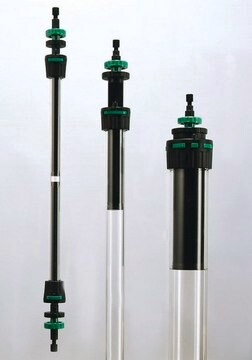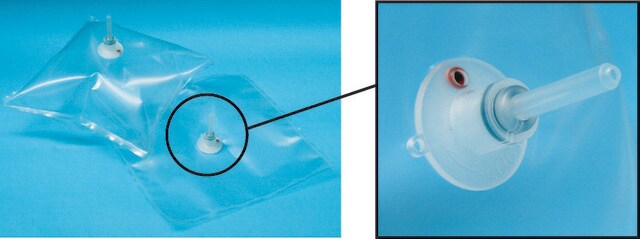MAB2164
Anti-Adrenoleukodystrophy Protein Antibody, a.a. 279-482, clone 2AL-1D6
ascites fluid, clone 2AL-1D6, Chemicon®
Sinonimo/i:
ALDP
About This Item
ICC
IHC
WB
immunocytochemistry: suitable
immunohistochemistry: suitable
western blot: suitable
Prodotti consigliati
Origine biologica
mouse
Livello qualitativo
Forma dell’anticorpo
ascites fluid
Tipo di anticorpo
primary antibodies
Clone
2AL-1D6, monoclonal
Reattività contro le specie
human
Produttore/marchio commerciale
Chemicon®
tecniche
ELISA: suitable
immunocytochemistry: suitable
immunohistochemistry: suitable
western blot: suitable
Isotipo
IgG1
N° accesso NCBI
N° accesso UniProt
Condizioni di spedizione
dry ice
modifica post-traduzionali bersaglio
unmodified
Informazioni sul gene
human ... ABCD1(215)
Specificità
Immunogeno
Applicazioni
Immunoblotting: 1:500-1:5,000
Immunohistochemistry: 1:500-1:5,000
Immunocytochemistry: 1:500-1:5,000
Optimal working dilutions must be determined by the end user.
Neuroscience
Neurodegenerative Diseases
Stato fisico
Stoccaggio e stabilità
Note legali
Esclusione di responsabilità
Non trovi il prodotto giusto?
Prova il nostro Motore di ricerca dei prodotti.
Codice della classe di stoccaggio
10 - Combustible liquids
Classe di pericolosità dell'acqua (WGK)
nwg
Punto d’infiammabilità (°F)
Not applicable
Punto d’infiammabilità (°C)
Not applicable
Certificati d'analisi (COA)
Cerca il Certificati d'analisi (COA) digitando il numero di lotto/batch corrispondente. I numeri di lotto o di batch sono stampati sull'etichetta dei prodotti dopo la parola ‘Lotto’ o ‘Batch’.
Possiedi già questo prodotto?
I documenti relativi ai prodotti acquistati recentemente sono disponibili nell’Archivio dei documenti.
Il team dei nostri ricercatori vanta grande esperienza in tutte le aree della ricerca quali Life Science, scienza dei materiali, sintesi chimica, cromatografia, discipline analitiche, ecc..
Contatta l'Assistenza Tecnica.







